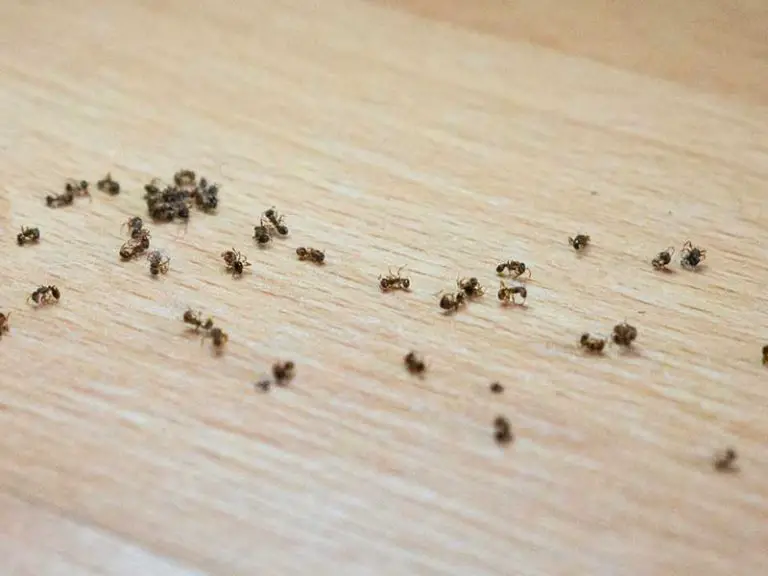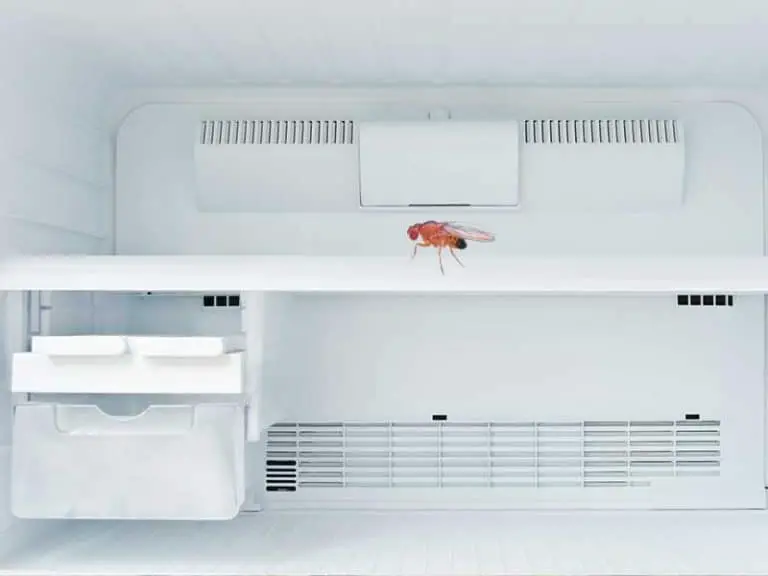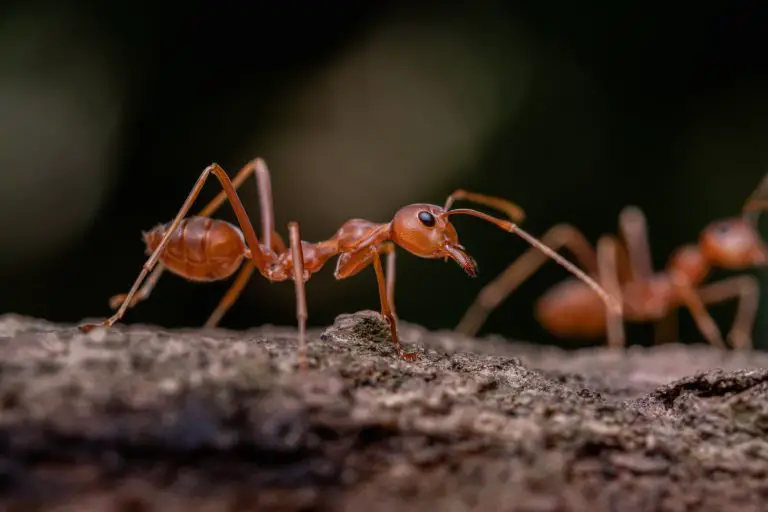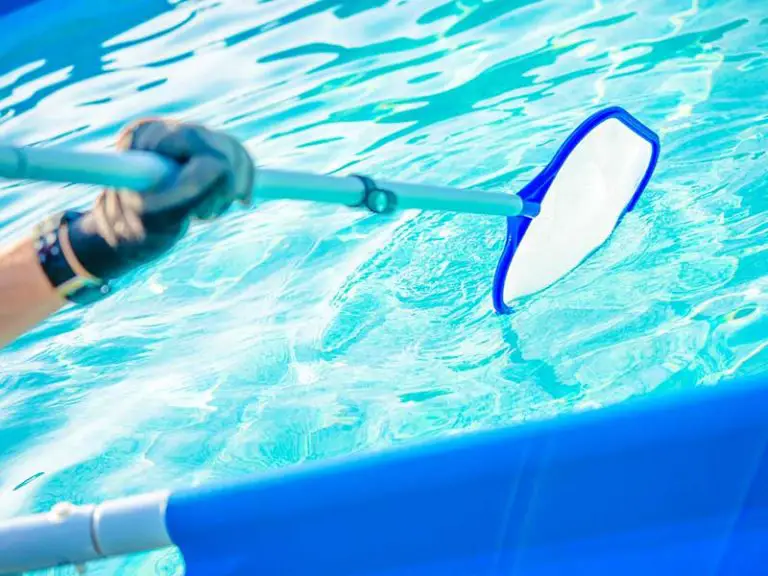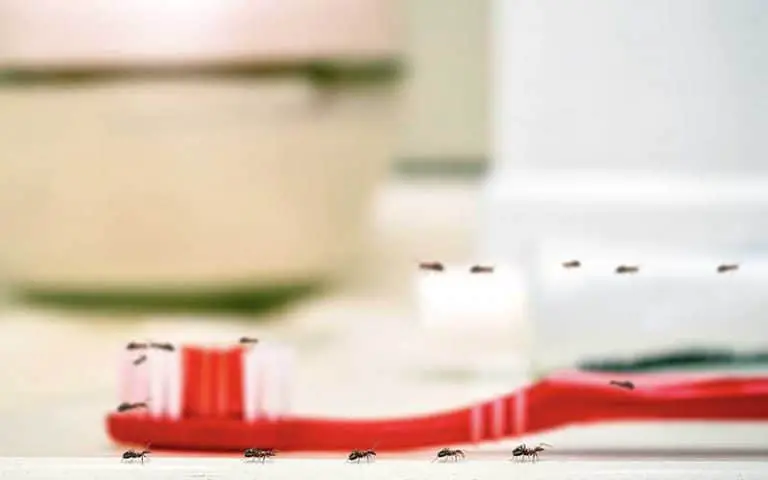Ants in Electrical Appliances: Complete Guide to Getting Rid
Ants enjoy making their home in places that are warm and dark, such as electrical appliances. They can potentially do significant damage to these appliances which can be quite frustrating.
Therefore, it’s critical to take some steps to get the infestation under control and protect your electronic equipment. We’ll help you learn to eliminate ants from your electronic appliances as well as prevent a future infestation.
There are several effective ways to eliminate ants from your electronics. These include the use of insecticides/baits, sealing off any potential entry points, cleaning with aero dusters, and properly disposing of trash. There are also several DIY methods for controlling and preventing infestations in your electrical appliances.
One word of caution: if you have laptops and/or electric outlets infested with ants, the methods outlined here will not work as more precision is required in such cases and might require professional assistance.
What Types of Ants Damage Electrical Appliances?
As you know, there are lots of different species of ants. Some of them are drawn to electrical appliances and utilize the tiny spaces for protection.
In most cases, if there is an ant infestation in an electrical appliance, it’s one of the following species:
- Fire ants
- Carpenter ants
- Tawny crazy ants
- Acrobat ants
- Tiny black ants
- Kamikaze ants
- Asian super ants
These are the ants that most commonly swarm inside electronic devices, boxes, and other installations.
The common household ants, such as the crazy ants, will find cracks and holes that lead to dark, small spaces such as those found in electronic installations and/or appliances to seek shelter.
Since they grow quickly and can become an out-of-control infestation before you know it, you must make sure to take action before it’s too late.
Before we take a look at how to treat an infestation in your electronic devices, let’s find out why they attack these areas, to begin with.
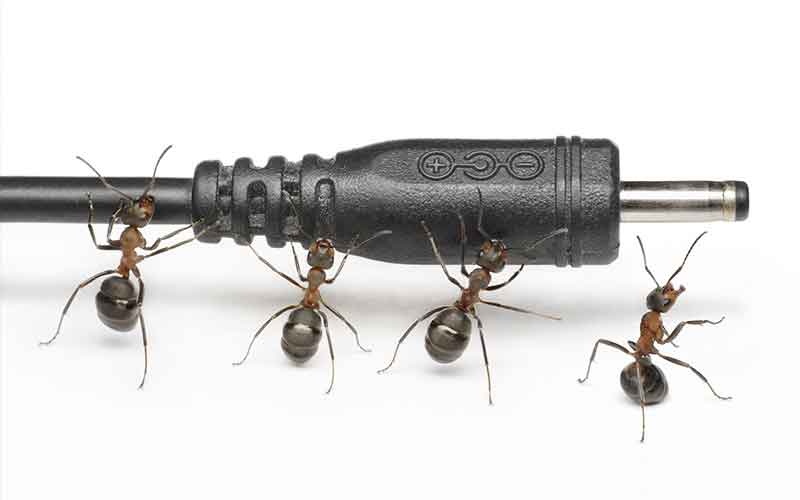
Reasons Ants Attack Electrical Appliances
The primary reason why ants enjoy taking shelter near electronic appliances, especially air conditioner units, electric pumps, circuit breakers, or electric outlets is due to the warmth and the magnetic waves that are found there. They prefer these warmer temps to cooler ones.
Another reason that ants could be drawn to these areas is due to improper sanitation practices. When you use an electrical appliance or device with dirty hands or while eating, food particles can get into the tiny spaces.
Now, not only is the space dark and warm, but it’s also a source of food for them as well.
Why would they not gather there?!
Can Ants Damage Your Electrical Appliances?
Yes, ants can damage your electrical appliances as well as your home but if you take preventative measures early, you can prevent it.
A large infestation can damage wiring, as well as devices, and can even short circuit your entire home. If the infestation is severe enough, it could even cause your home to catch fire.
Ants are most likely to build their colonies in circuit breakers, water heaters, electric pumps, transformer boxes, air conditioners, switch boxes, and electrical outlets.
With this information in mind, let’s take a look at some of the methods you can use to get rid of an ant infestation quickly.
Steps for Eradicating An Ant Infestation in Your Electrical Appliances
Dealing with an ant infestation in your electronic appliances can be a risky situation. Before you do anything at all, you must make sure to properly review any guidelines and instructions. Also, be sure to turn off the appliance before applying insecticides.
Start by tightly sealing all holes/spaces in your home to keep them from getting inside in the first place. Then, take the time to seal the holes/spaces in electric appliances.
You also need to make sure that you keep your home clean, so they have nothing to be drawn to.
Baits are commonly used to effectively control ant infestations. There are plenty of bait options on the market that can be used to lure the ants out of your electrical devices and appliances. After consuming the bait, the colony will eventually die out.
Additionally, there are insecticide sprays and ant repellants that are available to eliminate ants. Be sure that you carefully read the instructions before using sprays near your electrical devices/appliances.
Typically, using spray directly on these appliances can cause damage to the wiring of your home.
Another effective method for preventing ants from nesting in your appliances and electronic devices is dust treatment.
Finally, when you do kill the ants, make sure that you clean the area really well because they will leave behind pheromones which will entice other ants to come in behind them. It can end up being a never-ending cycle.
No matter which method you choose, you’ll need to keep an eye on the area you treated for a few weeks to make sure they don’t come back.
Additionally, pay attention to other potential entry points in case they find another way in.
Ant Killer Sprays
In most cases, you’ll want to avoid using liquids to eliminate ants in your electrical appliances, as it can cause the devices to short circuit and the whole system to break down.
The best way to get rid of ants in this case is typically insect baits, tapes, and dust treatments.
There are some pesticides on the market that can be sprayed near appliances or on your electric boxes. However, you don’t want to spray directly on sockets, circuits, or wires.
When you are applying these insecticides, you’ll want to use a cotton rag or cheesecloth to absorb any extra spray on your sockets and wires.
Ant Baits
As we have mentioned, ant baits are generally one of the most effective ways to eliminate an ant infestation.
There are several options on the market: sugary baits, protein-based baits, greasy baits, and even fat-based baits. These get the attention of the ants – they consume the bait and then carry it back to the colony.
Once the queen gets some of it, she dies – and without the queen, the colony cannot survive.
Baits can be placed near appliances and close to the areas where the ants are getting into your home.
These typically are not a very big investment, so feel free to experiment until you find one that works. Try one and if it’s ineffective, get a different one and try it instead.
Dust/Powder Treatments
You can also find insecticides in powder form, such as diatomaceous earth. Sprinkle this powder near your electronic devices to get rid of your ant problem.
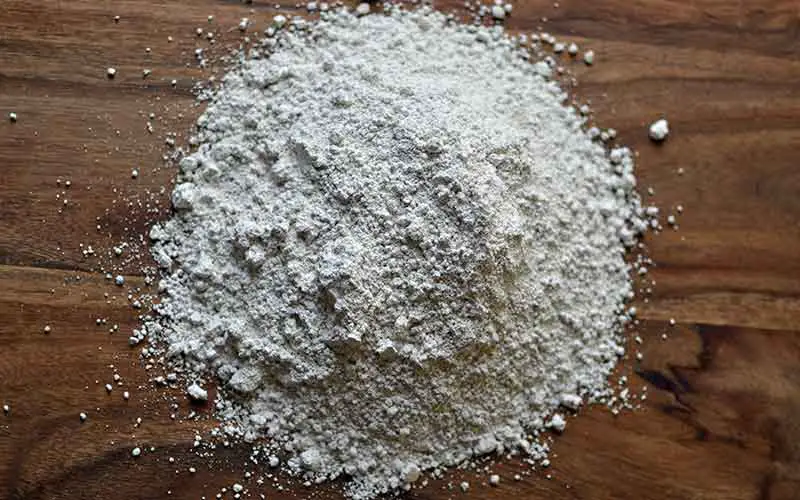
Aero Duster/Blower
Unfortunately, it can be quite difficult to remove food particles or drying liquids that have spilled on your electrical appliances.
However, due to advancements in technology, there are some effective solutions available. One of the most effective ways for cleaning your electronic devices and appliances is an aero duster or canned air.
This is a metal can that contains air and works by blasting the air into the appliance. This forced air will dry any liquids that have been spilled as well as blow away insects and food crumbs.
In addition to blowing the ants away, this strong blast of air will often kill them in the process.
Preventing Ants from Infesting Appliances in the First Place
The best thing you can do to control ant infestations in your home and electronic devices is to prevent them in the first place. Here are a few ways you can do that:
- Establish and maintain good sanitation practices in your home. Do whatever you can to maintain a hygienic environment. Make sure trash and leftovers are disposed of regularly. Don’t touch switches, circuits, or any other device with greasy/stained hands. This will transfer the particles to the item, which will attract the ants.
- Make sure that you take the time to clean out your appliances/devices of food particles. Don’t even offer the ants a chance to take shelter in your appliances. Wipe down all areas near your devices to remove any food particles or crumbs.
- Take some time to make sure that all the spaces/holes where ants can get into your appliances/devices/home are sealed off. You can use insulating tape, rubber, or Teflon to seal or insulate electrical parts.
- Before cleaning your appliances, make sure that they are unplugged. You don’t want to accidentally electrocute yourself.
- Add some insect repellant and other barriers near your appliances and in your home to keep the ants from getting in and establishing a colony.
Natural Methods for Eliminating Ant Infestations in Your Electronics
If you prefer more natural methods for eliminating and controlling ant infestations in your home and electronic devices, you’re in luck.
There are several ways you can do this. We will take a look at these below:
Natural Ant Repellents
There are herbs and supplements that can be used to naturally eliminate ant infestations in your home and electrical appliances.
Some plants contain oils that repel ants, including:
- Mint
- Garlic
- Camphor
- Cinnamon
- Lavender
- Cucumber
- Chili
Place a few of these plants around your home and, not only will you drive away from the ants, you’ll have a nice-smelling home as well.
Additionally, you can use soap and water to clean your appliances. This will drive the ants away because there’s nothing there for them. They are not fond of clean surfaces.
Dust Treatment
Some people prefer dust treatments, as mentioned above. There are a few natural dust treatments available if you are interested: chalk, charcoal, or coffee grounds, just to name a few.
Simply sprinkle these around possible entry points to keep ants from getting in.
Natural Ant Baits
If you prefer baits, there are a few natural, DIY ant baits that you can prepare that will lure the ants to them and ultimately eradicate the colony.
Boric Acid/Sugar
Combine 1 ¼ cup sugar with 1 tablespoon of borax and sprinkle near your electrical appliances to lure the ants out.
They will eat the bait and take it back to the colony, which will wipe them out.
Peanut Butter/Borax/Honey
Combine 2 tablespoons each of peanut butter and honey and add ½ teaspoon of borax and mix well.
Then, place the bait in small containers (such as water bottle lids) and place it near circuits or electrical boxes to lure the ants out.
Vacuum
You may not realize it, but your vacuum cleaner is effective for removing ants from small spaces. You can also use this in combination with dust treatments.
Simply sprinkle the dust near the entry points and then vacuum up the powder and the deceased ants will appear the next morning. Then, make sure that you empty the vacuum and put it outside.
Vinegar Spray
You can make a natural insecticide as well with equal parts apple cider vinegar and water.
Apply the spray near electrical outlets or wherever you have seen ants. The scent is too powerful for them, and they will stay away from those areas.
You can use a cloth to absorb any excess spray.
Of course, it’s very important that you make sure the power is turned off before you apply any treatment to eliminate pests.
Conclusion
There are lots of different ants in the world and there are quite a few of them that are known to take refuge in electronic devices and appliances.
If left unchecked, this can result in damages to wiring, circuits breaking down, and in severe cases, could cause your home to catch fire. Therefore, it’s necessary that you take action to keep your home clean and make sure all potential entry points deny access to these creatures.
Once you have an infestation, it can be tricky – and potentially dangerous – if you don’t know how to properly deal with them.
You need to make sure that you take the appropriate steps when applying any type of treatment – whether chemical or natural. Also, as mentioned before, make sure that you turn off the power before you apply any treatments- and don’t spray liquids directly on wires, sockets, or circuit boards.
Hopefully, we have been able to help you understand why ants infest your electronic devices and appliances, to begin with – and how to eliminate them when they do (and even keep them out).

